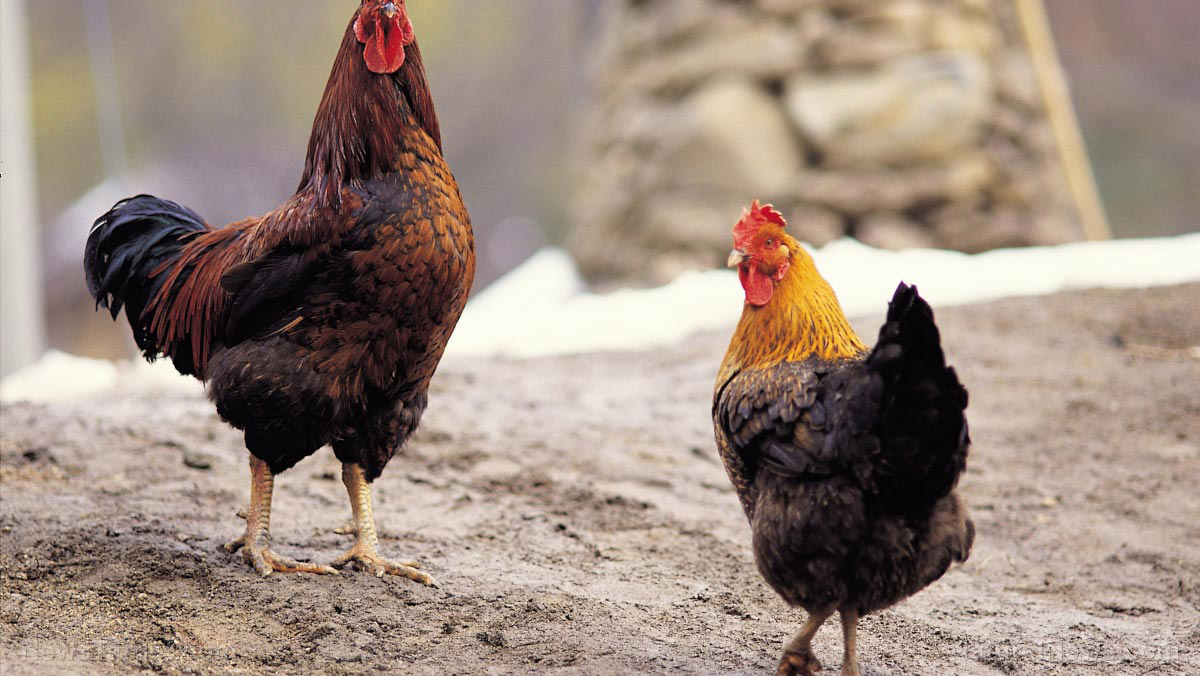
If you wish to start small-scale homestead farming, you must be ready to work hard before you can see good results. Experienced homesteaders know that you don't need to own a large piece of property to reap all the benefits of this self-sufficient lifestyle. You just need to be creative and resourceful to achieve your goals with a smaller homestead. (h/t to HomesteadAdvisor.com)
Before you buy land, ask experienced preppers and homesteaders for advice, such as crops that grow well in your chosen location and what tools you might need to keep to maintain your property.
You should also read up on different aspects of homesteading like gardening and animal husbandry so you're equipped with skills that will help make up for the land that you lack. Borrow books from the library or read articles online to learn more.
Here are some skills that will help you run and maintain your homestead:
- Animal butchering and processing
- Animal husbandry
- Beekeeping
- Basic repair and maintenance
- Carpentry
- Collecting, filtering, purifying and storing water
- Firestarting
- First aid
- Fishing
- Food preservation and storage
- Foraging
- Gardening
- Hunting
- Money management
- Predator control
- Sanitation
- Welding
Now that you have an idea of what skills you might need to run a small-scale homestead, here are six things you should expect once you get started.
You need to work hard
Once you start managing your homestead, you may start to feel that 24 hours in a day is barely enough to accomplish all your tasks. But there's nothing better than the satisfaction of being your own boss and the sense of fulfillment once you see that first bud sprout in your garden.
Things might break around your homestead and before they do, you need to learn how to fix them. Knowing basic repair and maintenance also helps you save on repair fees, so figure out how to keep your equipment in good working order. (Related: Essential homesteading skills for self-sufficiency.)
You will be disappointed
Homestead is rewarding, but it's also a lifestyle that involves a lot of trial and error, especially if you're a beginner. Your livestock might die because of disease or predators and your crops may sometimes fail.
Don't be afraid to experience these problems as you can learn from them so you can do better next time.
Figure out how to keep your animals healthy and read up on how to grow a thriving garden.
You will become responsible
Starting a small-scale homestead means being responsible for everything on your property: Your crops, animals and even your equipment and tools.
Livestock like chickens, goats and rabbits must be fed regularly and protected from predators. Your equipment must also be maintained properly so it can last a long time.
You'll discover many things
Starting a small-scale homestead is a time of discovery.
You'll learn how hard you can work and you'll also discover an appreciation for nature. It's also a time for learning just how good organic vegetables are compared to store-bought produce exposed to pesticides.
As you learn how to apply the skills you learn, you'll also develop self-confidence as a homesteader. Work hard and, in time, you can enjoy the results of your hard work like fresh eggs from your chickens, fresh fruits and vegetables and jars of produce that you have preserved yourself.
You will have new income sources
Starting a small-scale homestead will give you a chance to diversify your income streams.
Raising chickens for fresh eggs also allows you to sell eggs or baby chicks that you hatched yourself. With a home garden, you can sell fresh fruits and vegetables along with jams and jellies at the farmer's market.
You can also earn more money with various skills, like beekeeping or homemade crafts. The money you earn can be used to buy supplies so you can keep your homestead running.
You will grow as a person
As a homesteader, you will become a more hardworking and responsible person. If you lived most of your life in the city, you will also learn to appreciate nature and how to care for animals.
You'll also be spending more of your time doing productive things like learning new skills, tending your garden, or caring for your livestock and pets instead of just watching TV.
Don't be scared to make mistakes. Learn new skills so you can start a small-scale homestead and be more self-sufficient.
Sources include:
Please contact us for more information.





















